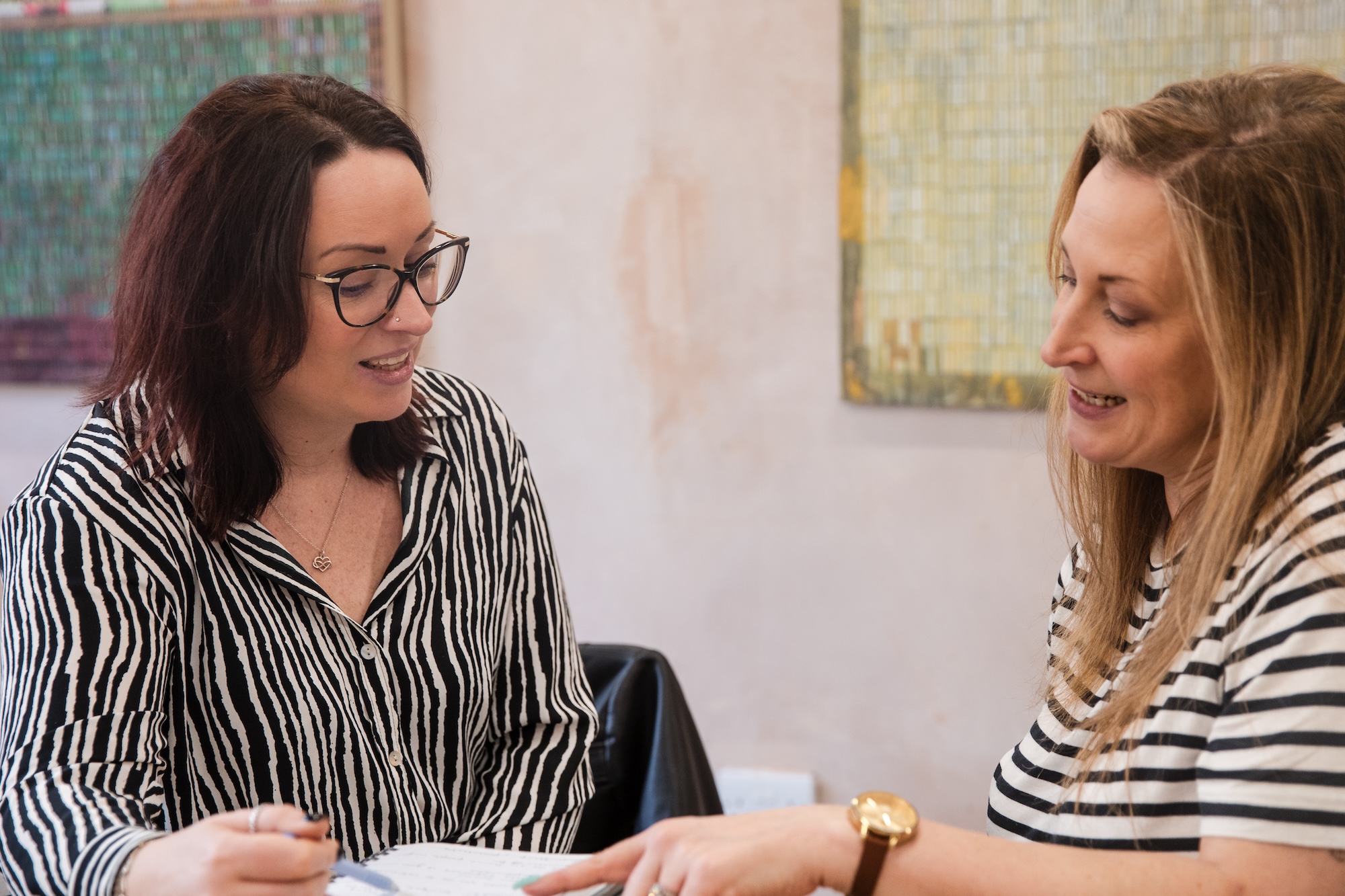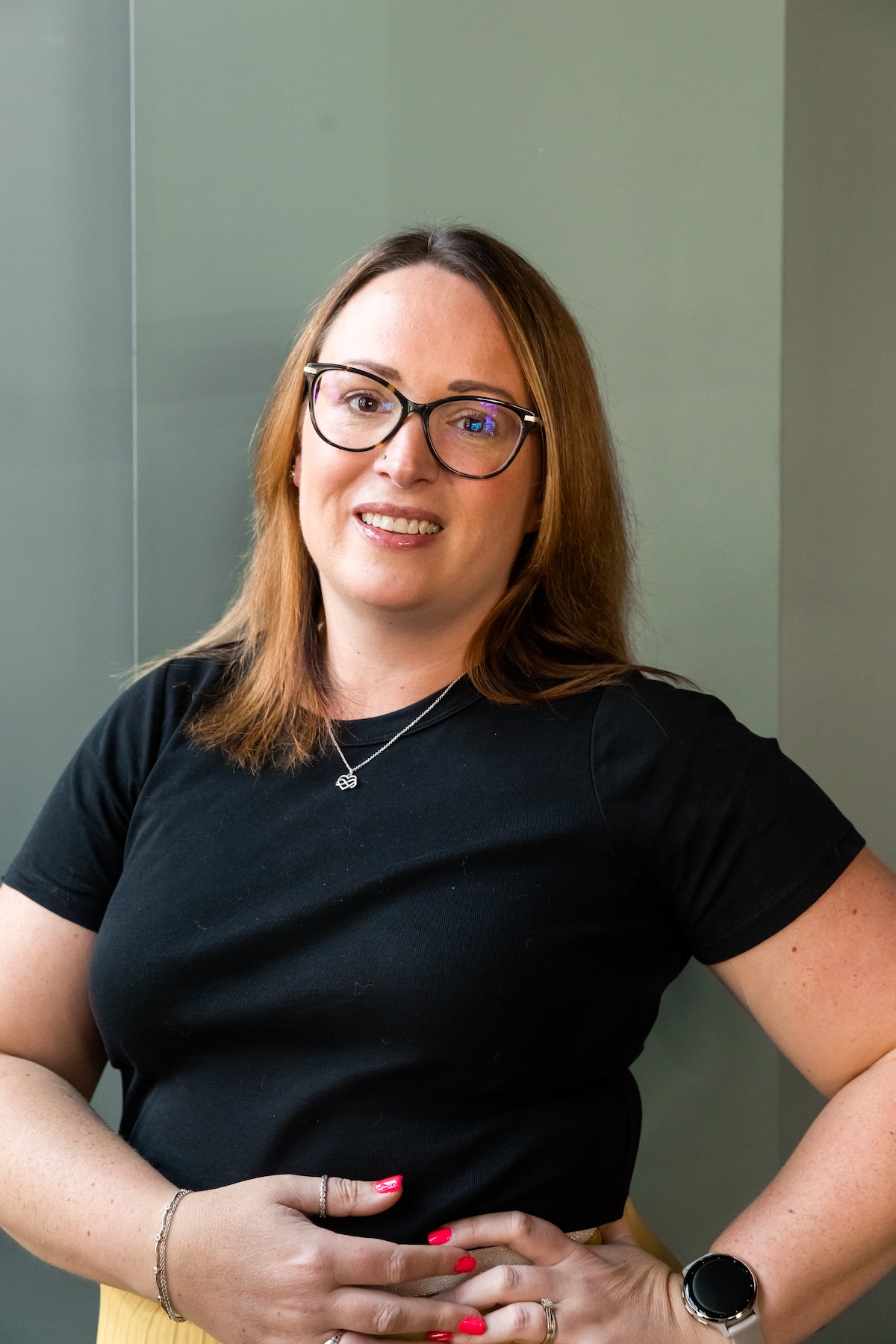Clinical Supervision
What Is Clinical Supervision?
I offer monthly, clinical supervision for both qualified and trainee therapists working with adults and/or young people. If you’re in another job role where a place to offload, process and reflect would be beneficial you may wish to consider my reflective supervision offer. I provide this for roles such as education, HR and social care.


Why Me?
When choosing a supervisor, it can be helpful to know about their therapy approach. I am experienced in a number of sectors, including education, third sector (non-profit), private practice and forensic services. Within my private practice I work face-to-face and online/via telephone, and I have a particular interest in the areas of trauma, relationship issues (including domestic abuse) and chronic health issues. My background includes training in person-centred, psychodynamic, and CBT modalities, along with trauma-informed practice, EFT and NLP. I am also an ICF member coach and am currently training in EMDR.
As a BACP Accredited therapist, I adhere to their ethical framework for therapy and supervision guidelines but I also support therapists from different membership bodies.
To find out more about me and my therapy practice, please take a look around my site
Why Supervision Matters
I probably shouldn’t say this, but I’ve personally learned far more about clients and my practice through supervision than any lecture or workshop. Therapy is a ‘doing’ role and we need to put our learning, reading and reflections into practice with our clients. Supervision is the bridge between the learning of theory and the ‘doing’ of client work; I support my supervisees to go backwards and forwards between the two through reflection, support and where needed, challenge.
Clinical supervision for therapists is an essential part of our registration with professional bodies, but more than that, it’s about us maintaining standards and ethical practice for our clients.
Whether you’re in training, are newly qualified or have been practising for decades, supervision provides a process of continual growth and development, supporting you to be the best therapist you can be. This may be about deepening knowledge and reflecting on cases or ethical quandaries, but it’s also about developing self-awareness and the aspects of you which allow you to show up authentically for your clients.

What is my Approach to Supervision?
I want to ensure that supervision is a safe and valuable space for you. Supervision can address feeling stuck, applying theory, or exploring the therapeutic relationship, including the unconscious processes. It’s a space for you to reflect on personal impacts of your work and address challenges, but it’s also a space to celebrate your successes! For me, supervision is a space for material to be explored in a safe environment which may sometimes be challenging, but always comes from a place of support and learning.
My approach is based on Hawkins and Shohet’s 7-eyed model. This model supports us to explore the different relationships at play within the therapeutic process, and enables us to consider the impact of the these on your clients, and on yourself as therapist.
I appreciate that practice is often emotionally challenging and sometimes lonely. I want to ensure my supervisees are able to offload and better manage the emotional impact of their work, so discussions around your own wellbeing and coping strategies form a hugely important part of my approach.
What Supervision With Me Looks Like
I offer flexible sessions online or in-person in Saddleworth, with early morning, daytime, and evening sessions available.
I ask supervisees to reflect between sessions on which aspects of your work you wish to bring and discuss, however I like to have an overarching knowledge of your client work, as sometimes it’s important to look at which cases you’re not bringing and why. This supports us to consider the potential for any unconscious blind spots, but also promotes inclusive reflection across your caseload.
My fees start at £45 per hour for trainees and unwaged therapists, and £65 per hour for qualified, waged therapists.
What Next?
All good relationships start with a chat! With this in mind, I offer a free, initial 30-minute consultation for us to meet and decide if we would like to begin a supervisory relationship.
